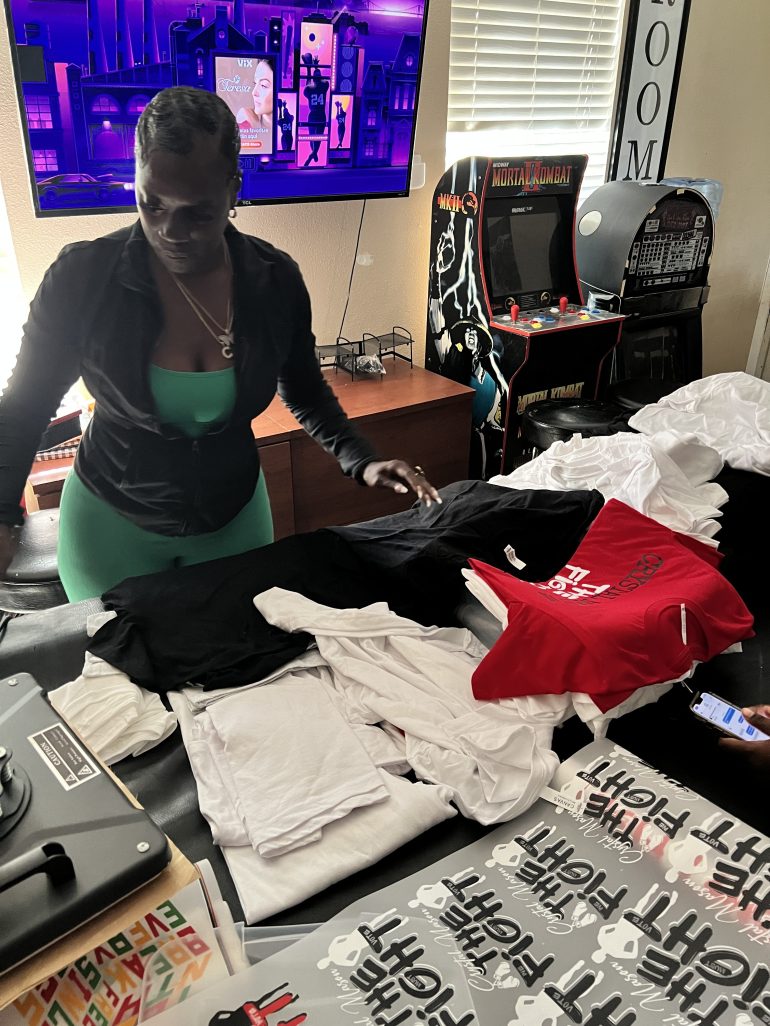Some experts argue that the circumstances of Trump’s presidency actually contributed to the tightening of voter access laws.
After he was defeated in the 2020 presidential race, Trump spread widely discredited claims that voter fraud tipped the outcome. That prompted Republican politicians across the country to propose and pass laws to “protect the vote”.
Bob Stein, a voting expert and political science professor at Rice University, said that the recent efforts to disenfranchise people with felony convictions are “political red meat” — intentionally crafted to appeal to right-wing voters.
“Much of what we see here is an effort to appease disinformation,” Stein told Al Jazeera.
“It was suggested to me by one lawmaker that, if you don’t get behind this, you’re in trouble, because these laws rally the base.”
But voter fraud is relatively rare. A 2007 report from the Brennan Center found that the rate of fraud ranged between 0.0003 percent and 0.0025 percent in the US.
More recently, in 2014, Loyola Law School professor Justin Levitt told The Washington Post he had only found 31 proven cases of election fraud — out of more than a billion ballots cast since 2000.
Stein added that many of the recent laws designed to restrict voting have sparked backlash. “For the Republicans, a lot of election laws were either poorly conceived, improperly implemented or, as one legislator said to me, ‘something our voters wanted’.”
Tennessee offers a recent example. In 2023, it implemented a two-step process for reclaiming voting rights after a felony conviction.
First, a would-be voter had to either receive an official pardon or have a judge restore their full constitutional rights. Then, the aspiring voter would have to pay all their remaining court costs.
But advocates like Bowie argue that Tennessee is attempting to permanently disenfranchise people with felonies by making its standards too narrow.
The state “has the most restrictive rights restoration process”, Bowie explained. She pointed out that, earlier this year, Tennessee officials confirmed that having “full constitutional rights” meant having the right to own a firearm.
That effectively puts voting rights out of reach for anyone with a felony conviction for drugs or violence, as Tennessee law specifically bars them from gun ownership.
Crystal Mason prepares T-shirts for her eponymous organisation, which promotes voting rights [Tyler Hicks/Al Jazeera]
But some advocates are pushing back against such restrictions — including Mason, whose case in Texas sparked a media firestorm.
She has launched her own organisation, called Crystal Mason “The Fight”, to address “voter suppression across the nation”.
The group registers voters and educates people about their rights, including those with felony convictions.
Faced with Mason’s continuing legal battles, her daughter, Taylor Hobbs, said she sometimes struggles to remain optimistic. “It just seems like they don’t want us to be happy,” Taylor said
But Mason points to her family as a motivation to keep fighting. As she and Hobbs prepared T-shirts for their organisation, little Karter ran around the house, making his mighty roar.
Mason cast a glance at the young animal lover and smiled, shaking her head.
“How can anyone think I’d do anything that’d keep me from family?” she said.
